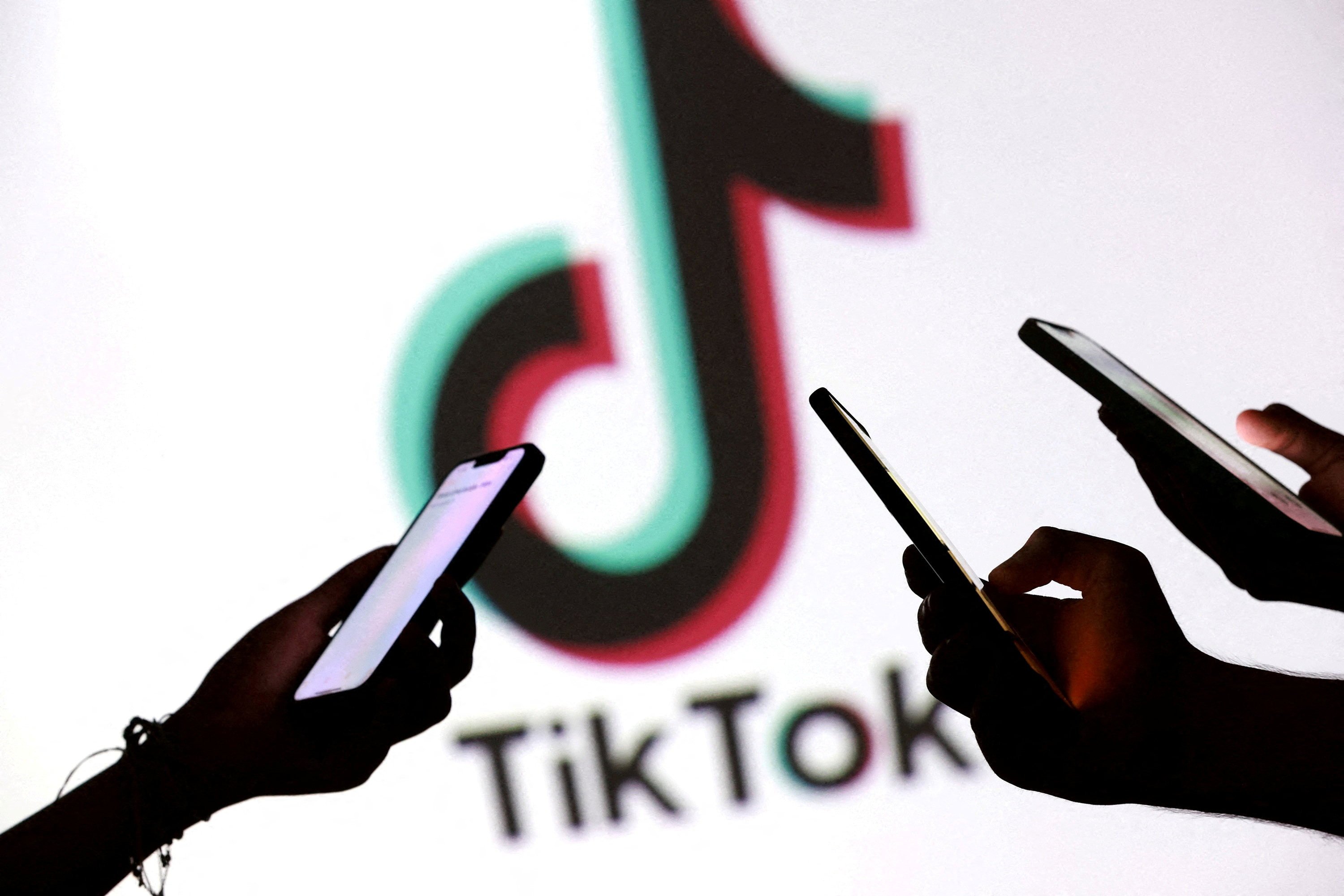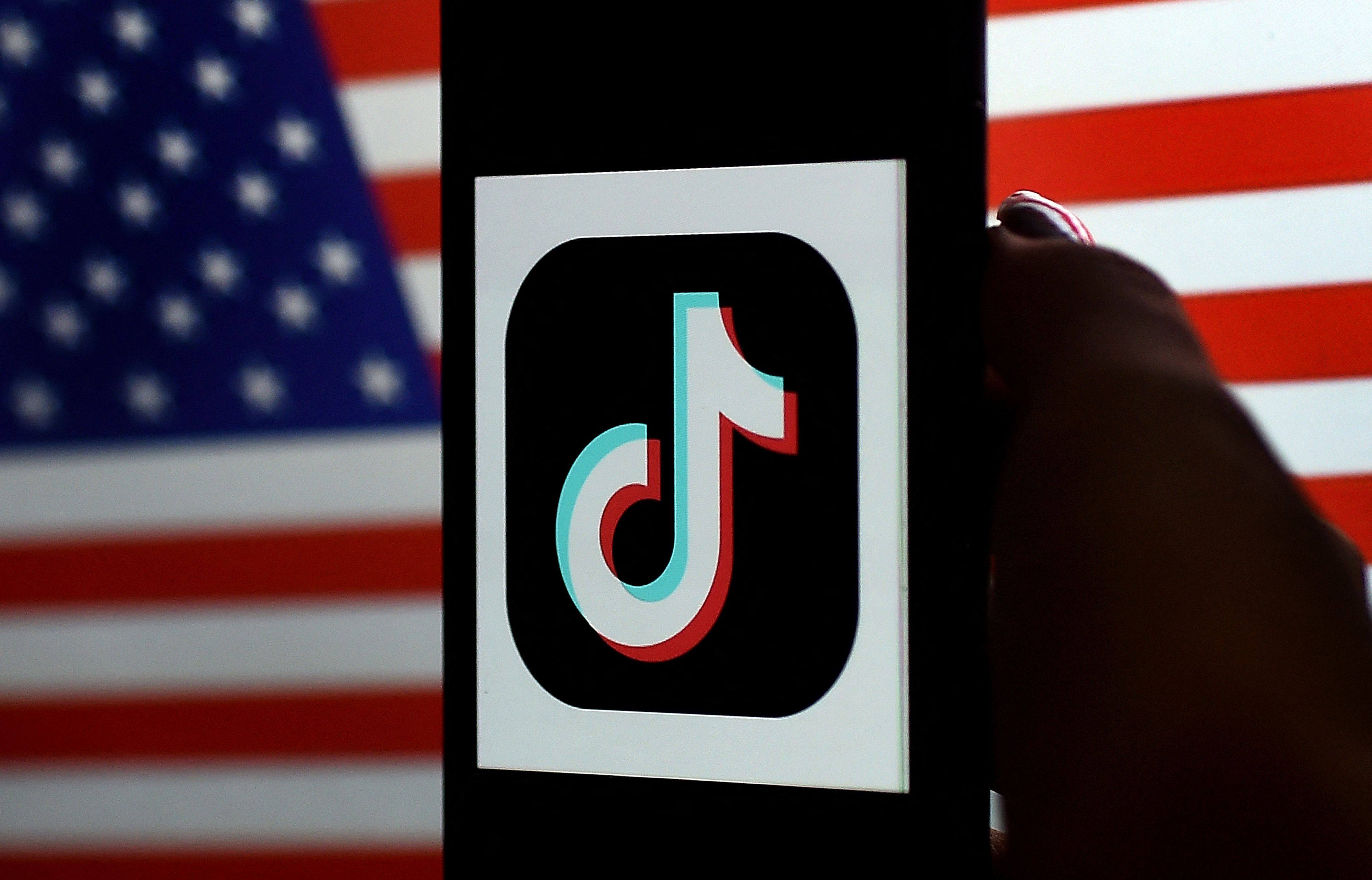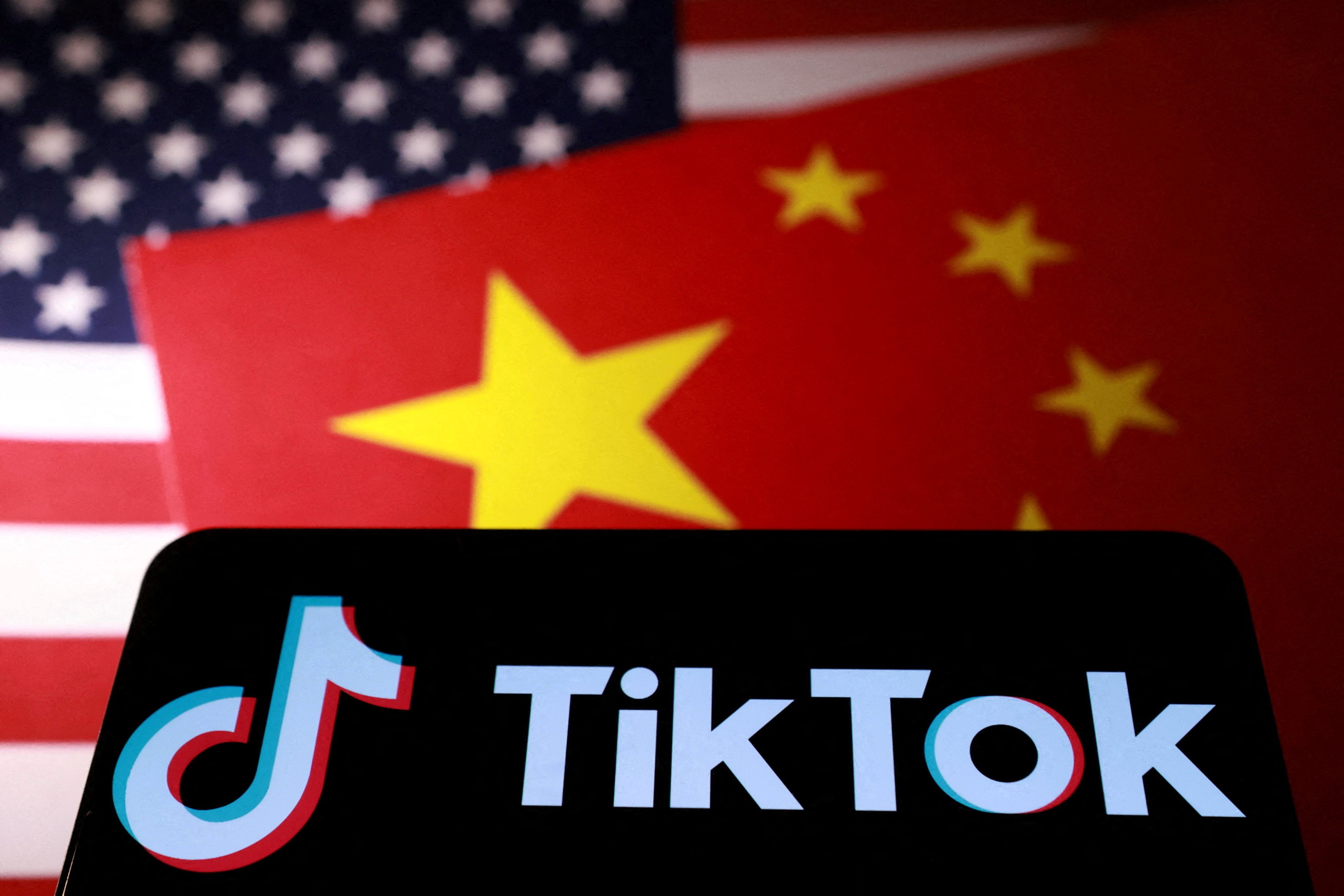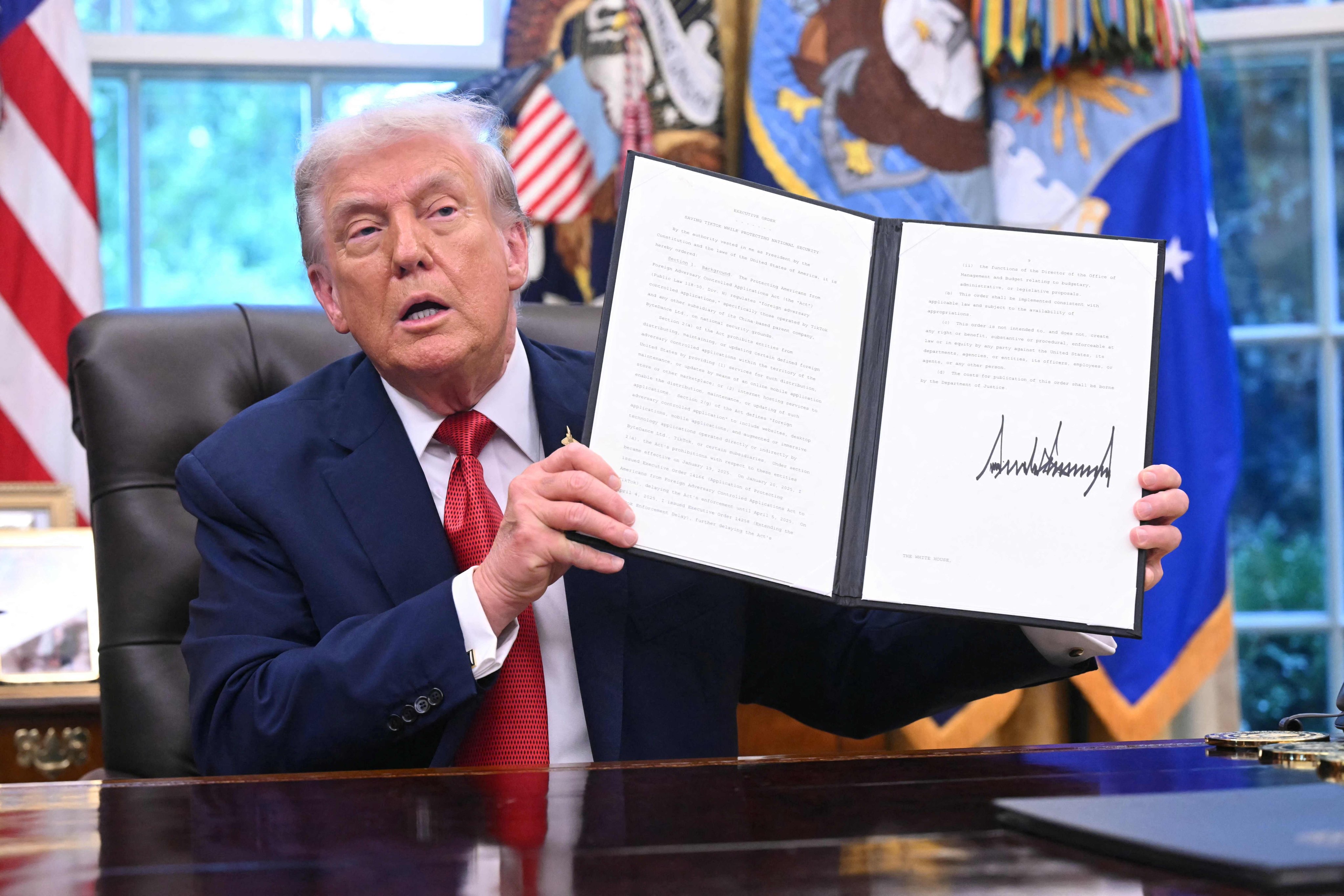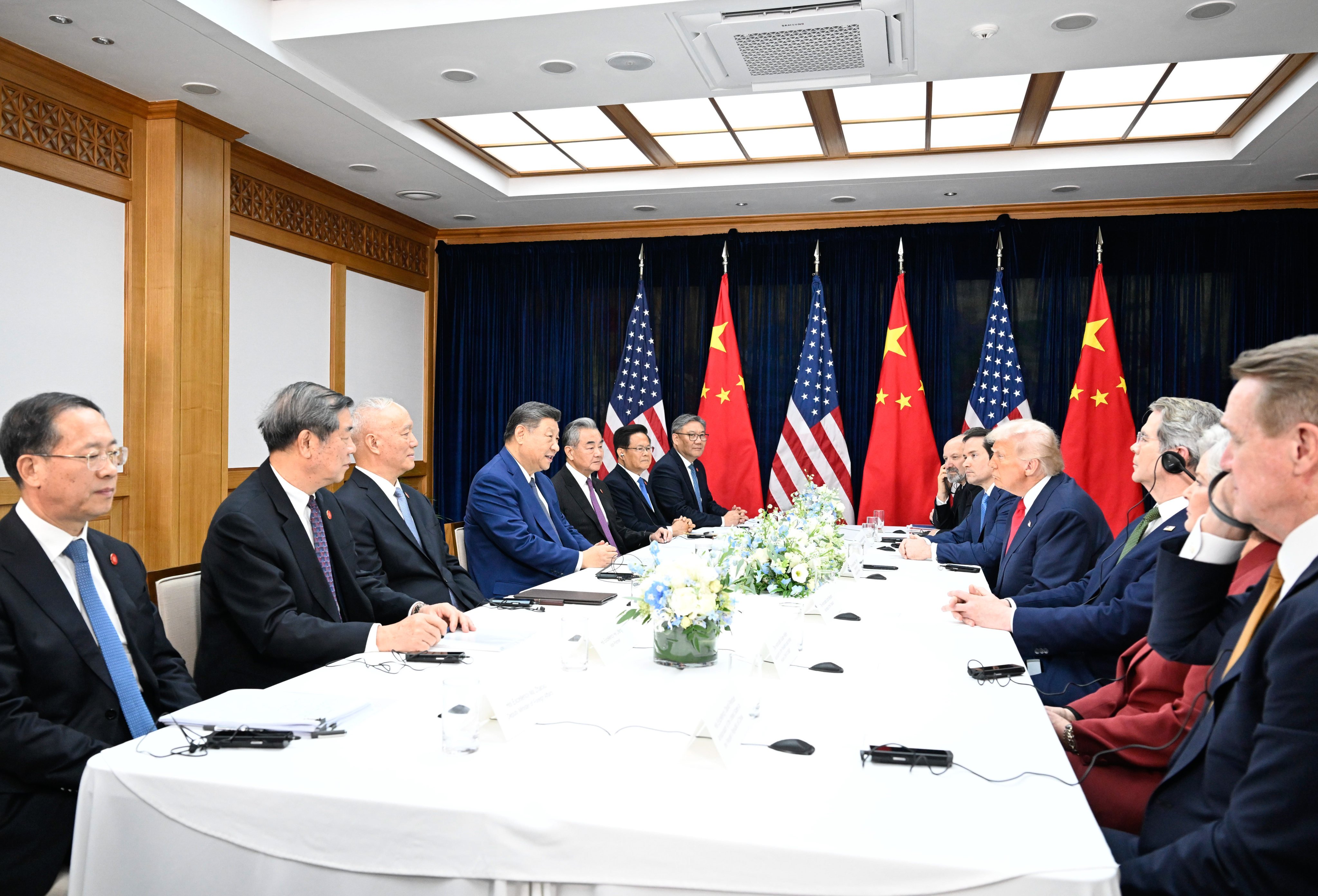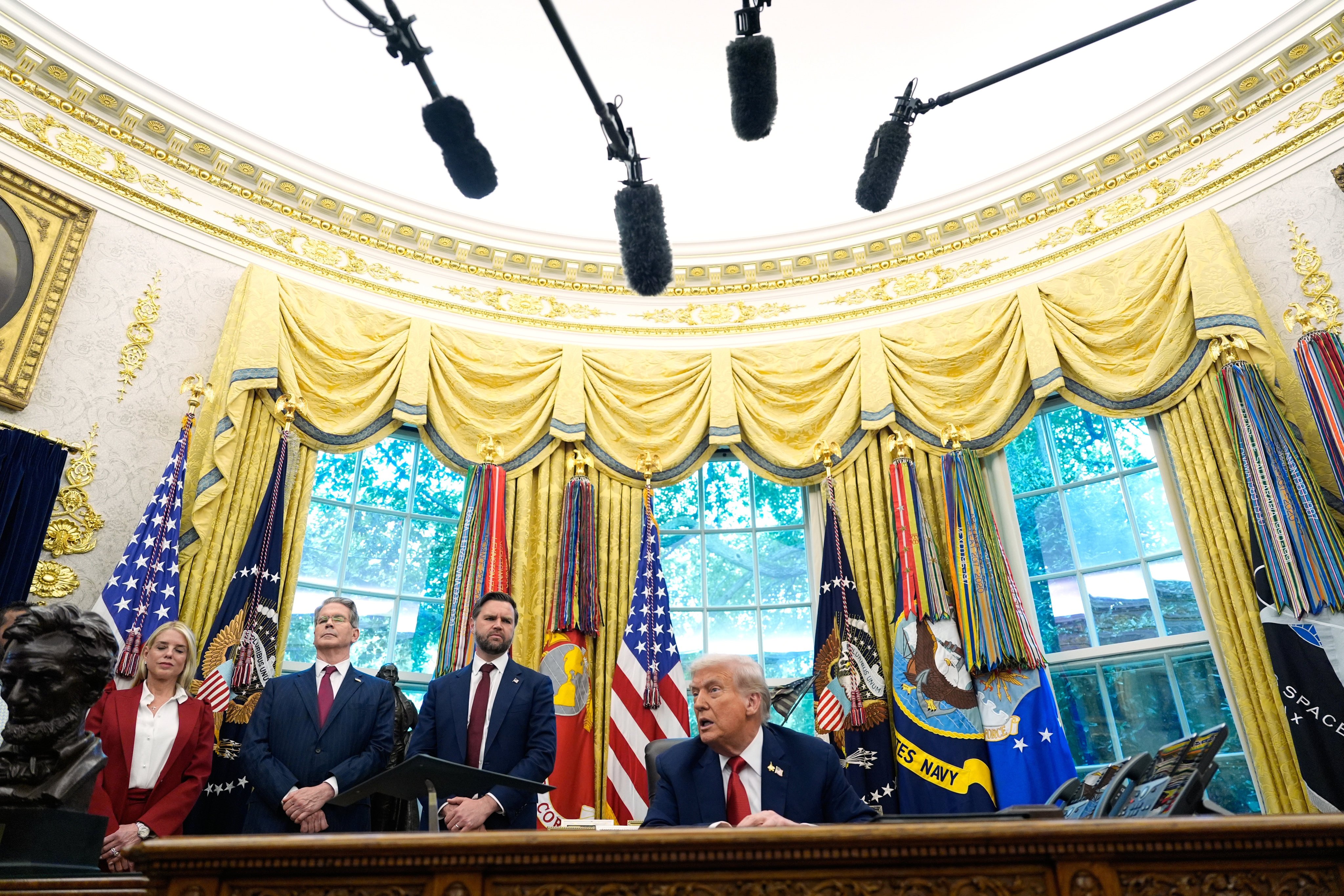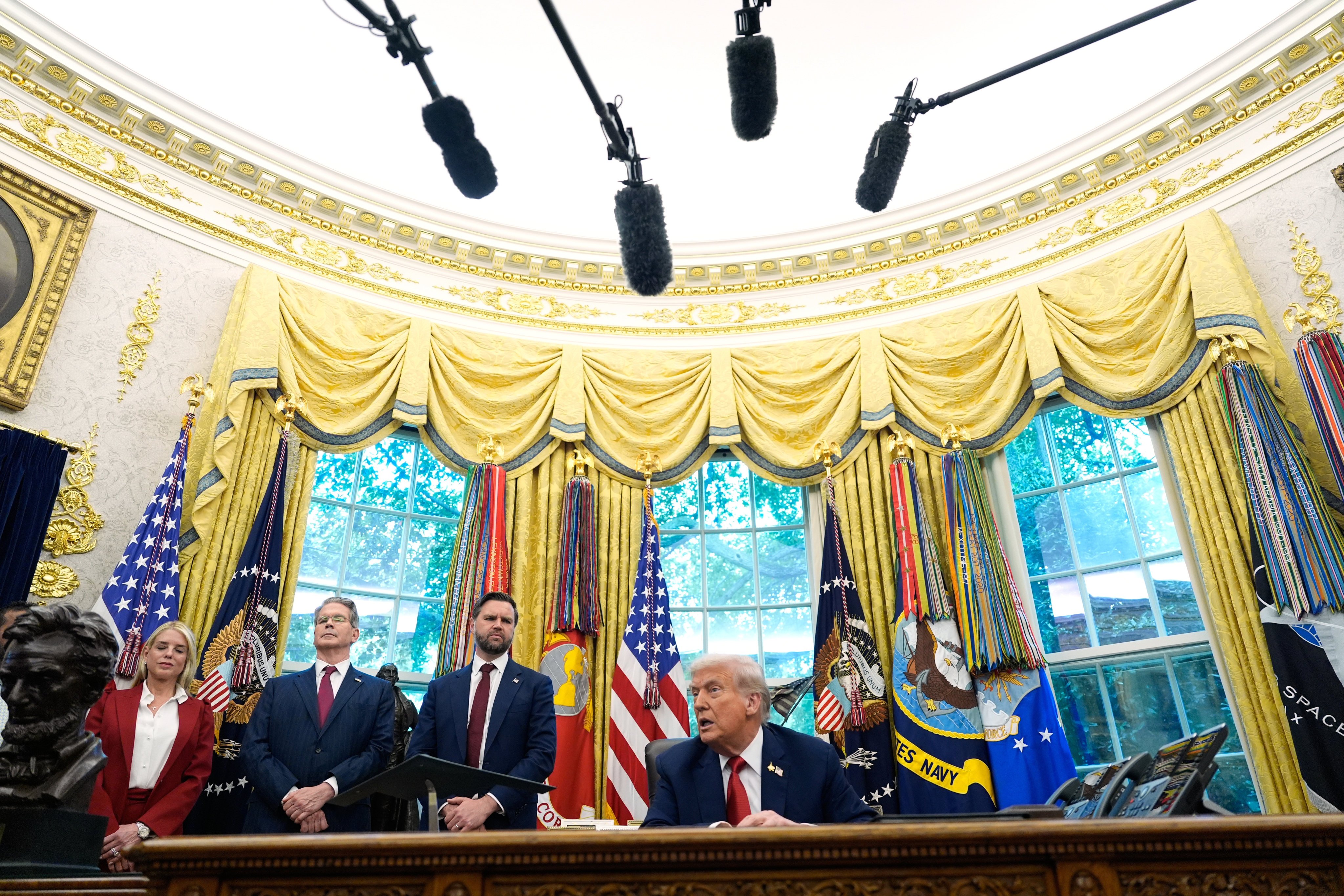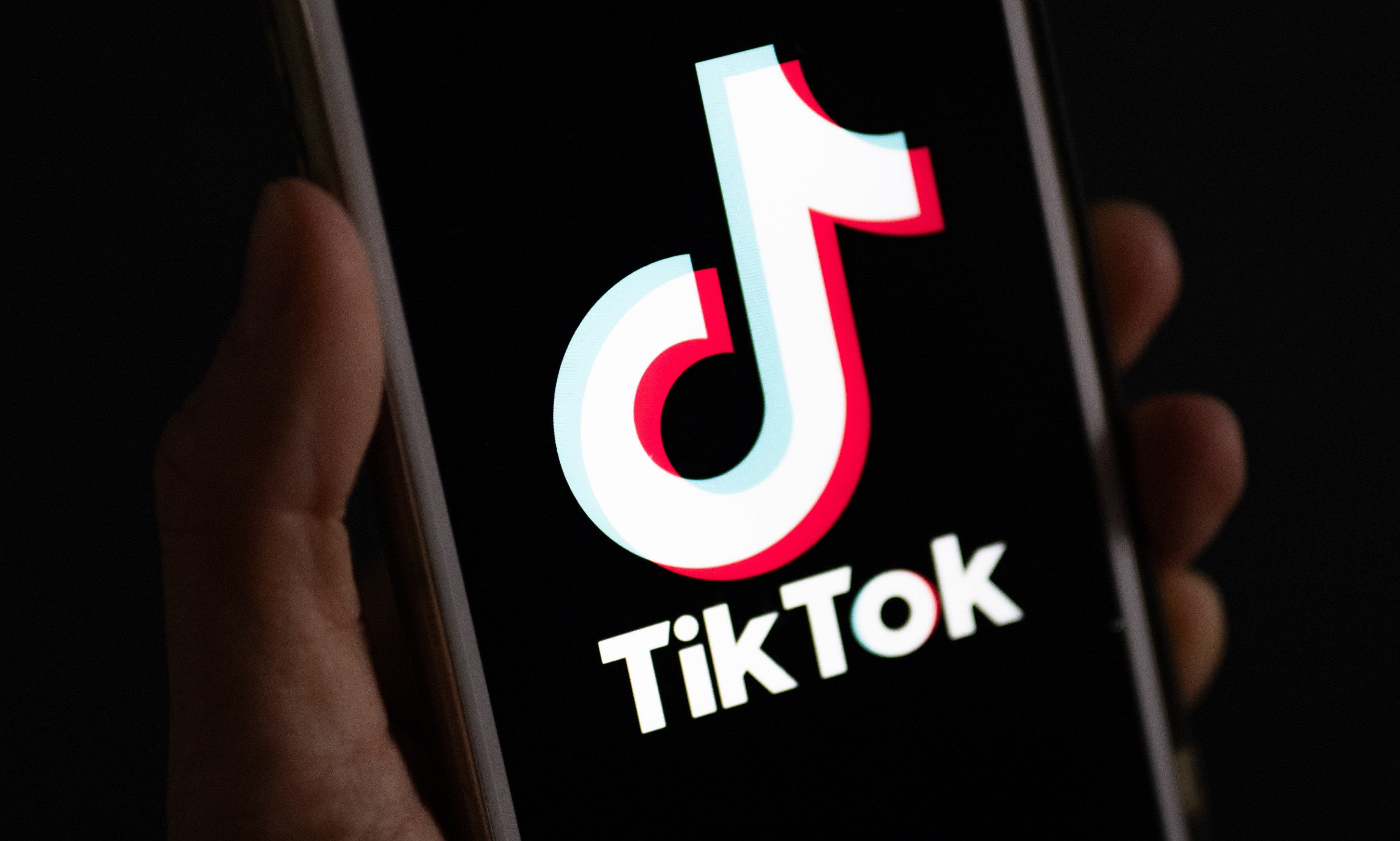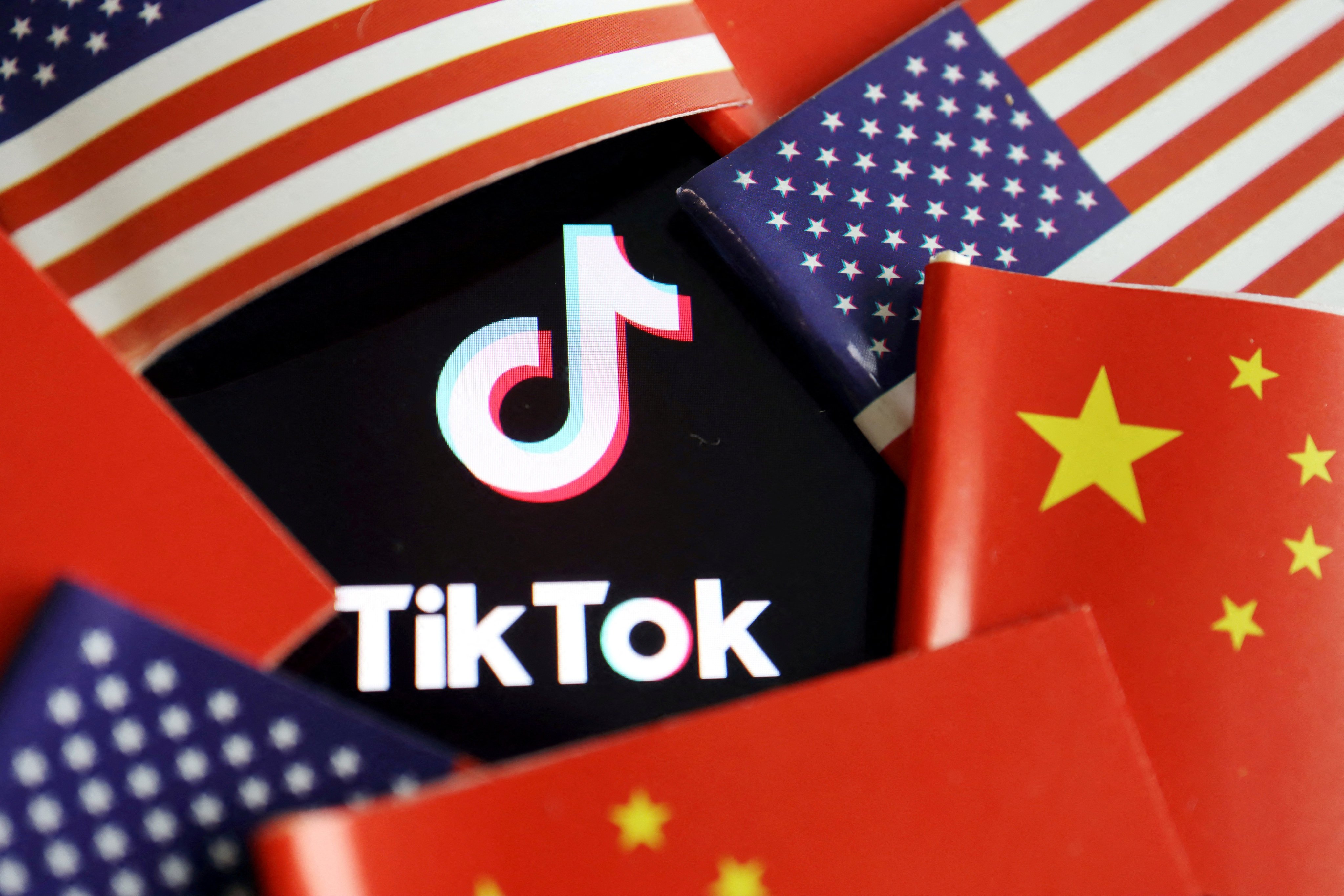Advertisement
Advertisement
TOPIC
TikTok ban
TikTok ban
US president-elect Donald Trump revealed his plan to temporarily block a nationwide ban on TikTok in January 2025, hours after the short-video app went dark to comply with a federal law. Over the past few years, efforts have been made in several countries to bar its use. Owned by Chinese company ByteDance, the social platform has been accused by foreign critics of posing a national security threat, a claim that TikTok has consistently denied. In June 2020, India banned TikTok, followed by a temporary block by Pakistan in October of the same year.
TikTok deal, China slowdown, Vanke debt deadline
This week: TikTok owner agrees sale of US operations, China’s retail sales growth unexpectedly cools, US approves Taiwan arms sales and Jimmy Lai is found guilty. Next week: China Vanke bondholders conclude debt-extension vote, Chinese lawmakers gather, Xiaomi 17 Ultra comes to market, and more.
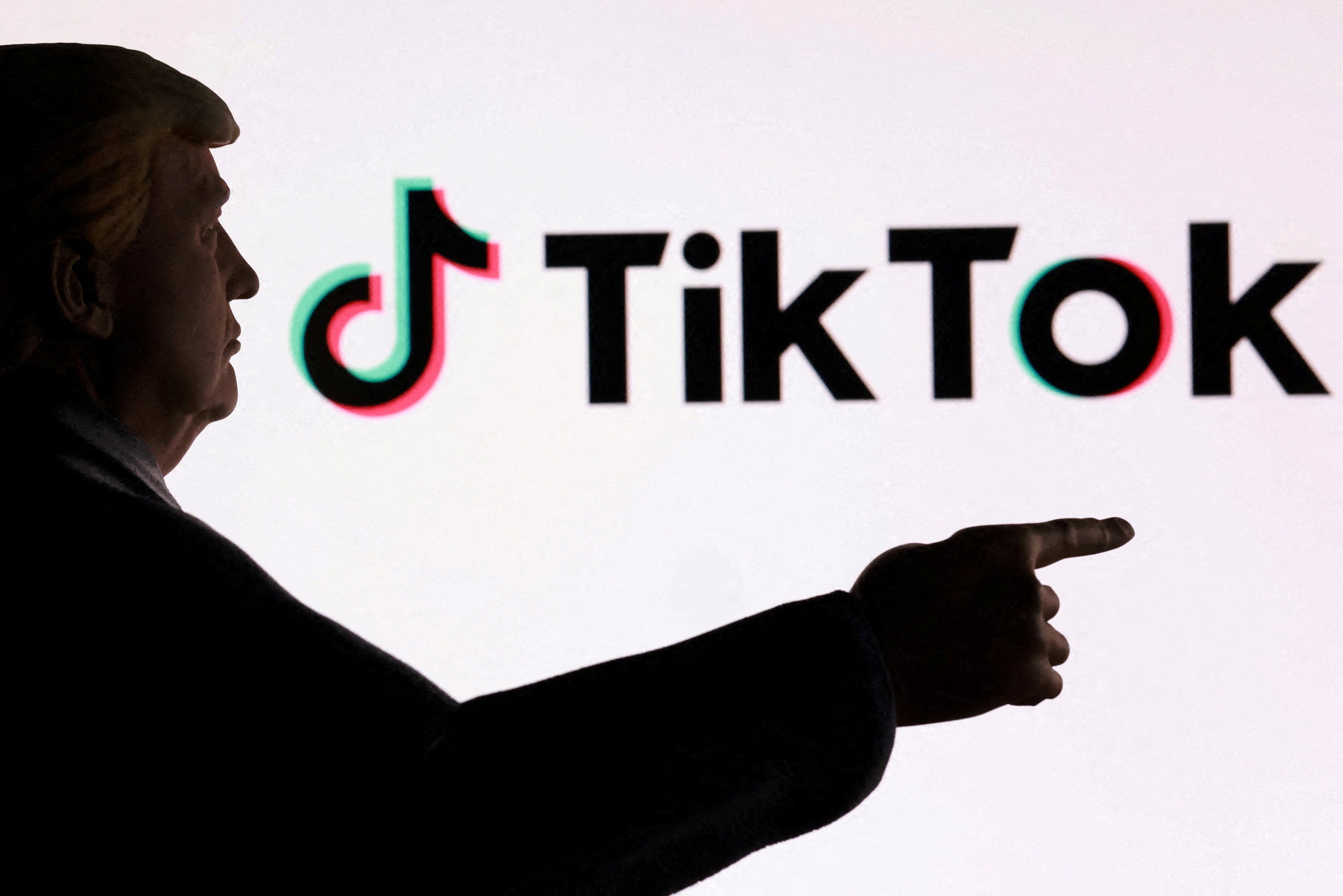
Help preserve 120 years of quality journalism.
SUPPORT NOWAdvertisement
Advertisement
Advertisement
Advertisement
Advertisement
Advertisement
Advertisement
Advertisement
Advertisement
Advertisement
Advertisement
Advertisement
